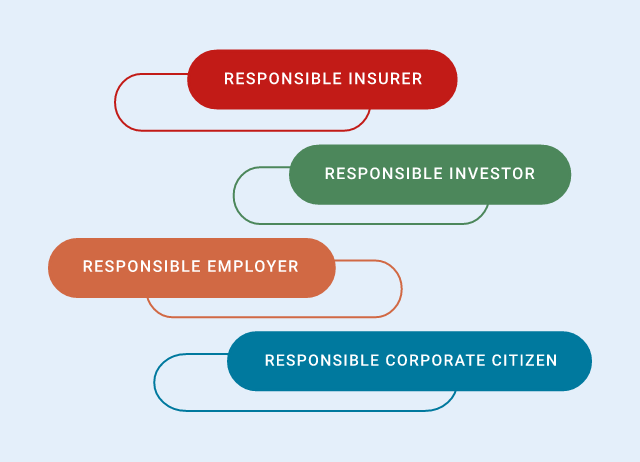Asset Management
Asset management is the selection and maintenance over time of listed and unlisted financial instruments, in order to generate the best possible return for a given level of risk.
It is based on the one hand, on diversification by asset (shares, bonds, monetary instruments, cash, etc.) and by geographic region; and on the other, on timing, i.e. the ability to dynamically alter the composition of a portfolio. In addition to this general definition, asset management relating to the insurance industry has some significant specific features:
- the need to adjust the characteristics of the managed portfolio to the commitments made to insured parties, typically long-term commitments that involve the significant use of risk management techniques
- the need to comply with particularly stringent, external regulatory constraints, such as the set of rules for the Solvency regime.
Generali is a leading global asset manager with managed assets of around 516 billion euro (as at 31.12.2023), largely made up of fixed income bonds, with the remainder in shares, real estate investments and cash. Of the total portfolio, an average of 78% is dedicated to insurance asset management, while the remainder comprises investments on behalf of non-insurance customers (third party, institutional and retail) and unit-linked customers (see Life Insurance).
For Generali, asset management is not only a cornerstone of the insurance business, but also a function that has a significant impact on the economy, enabling the group to actively influence areas such as environmental protection and respect for human rights and the social sphere. For several years, the group has partly based its investment strategies on criteria of environmental and social protection and of corporate governance, without sacrificing profitability.



